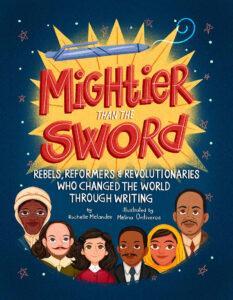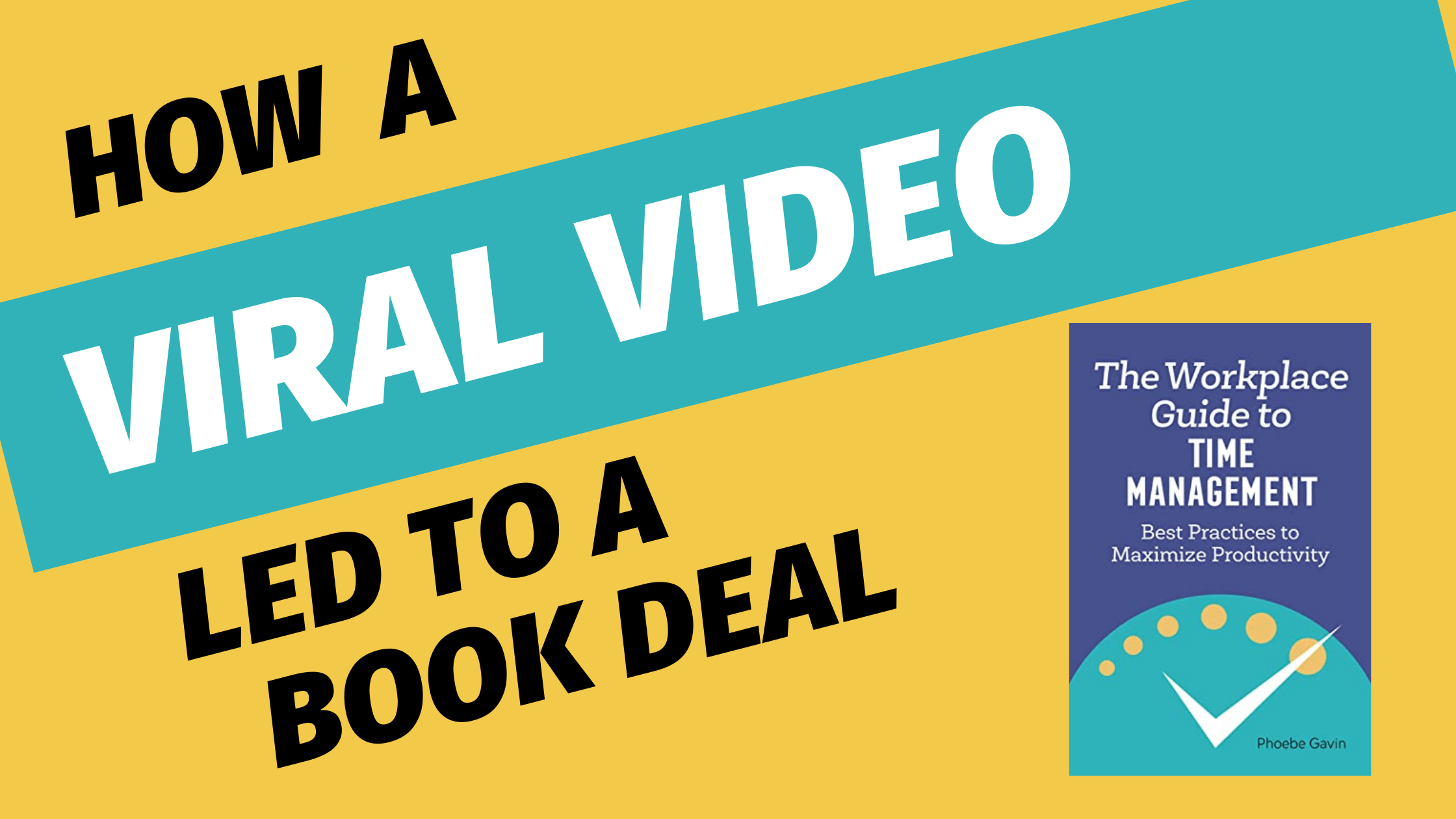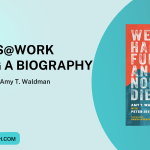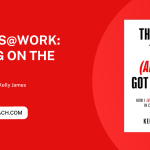Writers@Work: How a Viral Video Led to a Book Deal
April 6, 2021
Note From Rochelle
Dear Writers,
Happy April!
 I’m working on setting up a marketing plan for my new book, Mightier Than the Sword: Rebels, Reformers, and Revolutionaries Who Changed the World through Writing. I have a favor to ask you: please mark it as “to read” on your Goodreads and add it to your wish list on Amazon. And if you’re super interested and want to write a review, email me—and I’ll send you an eArc.
I’m working on setting up a marketing plan for my new book, Mightier Than the Sword: Rebels, Reformers, and Revolutionaries Who Changed the World through Writing. I have a favor to ask you: please mark it as “to read” on your Goodreads and add it to your wish list on Amazon. And if you’re super interested and want to write a review, email me—and I’ll send you an eArc.
Today, I’m delighted to welcome Phoebe Gavin to the blog. I met her in an online writing forum, and invited her for an interview. She has an amazing story about how a viral video led to a book deal. Plus, she has some great tips for getting stuff done. I hope you’ll find her work as helpful as I do!
Enjoy!
Rochelle

Writers@Work:
How a Viral Video Led to a Book Deal
An Interview with Phoebe Gavin
by Rochelle Melander
Welcome, Phoebe. And congrats on your new book, The Workplace Guide to Time Management. Can you tell us about it?
I wanted to normalize time management as a human problem. So many people feel shame about having productivity issues, but much of the problem comes down to the way our brains were designed to function. I packed it full of simple strategies that work with your brain’s natural instincts instead of against them.
Along the way, I spend a lot of time talking about mindset and how important it is to connect with a sustainable source of motivation for change. Often, people rely on spontaneous motivation to help them get things done. But much of productivity is about creating environments, workflows, and systems that create a supportive context, not using motivation or willpower.
My most important goal for the book was to make it an easy read. Time management is hard enough, it shouldn’t be hard to learn about it too.
I work with a lot of people who struggle with time management—and it’s not because they’re not smart or don’t care. They’re brilliant people who love their work. From your research and coaching, what are some of the biggest reasons people struggle with time management?
Almost uniformly, my productivity coaching clients turn into career or life coaching clients because their time management issues are actually two-fold. They think they need a better productivity system – and they usually do. But that system can only do so much for a client who is consistently trying to send productivity energy towards tasks they’re not invested in. So we often end up doing a lot of work identifying what tasks they feel disconnected from and what they should do about that.
Sometimes it’s emotional baggage. Anxiety, insecurity, and intimidation are common culprits. Sometimes it’s a perception that a task is tedious, unenjoyable, or difficult. Sometimes there’s a sense of resentment or frustration toward the task. These are all self-defeating mindsets that need to be reframed.
If you can find a way to reframe tasks as tools for growth and progress, it becomes much easier to get a task done—even if you have to grit your teeth a little bit. You’re much more willing to endure a task’s discomfort if you believe the outcome is worth it.
Sometimes tasks are un-reframable because they are truly disconnected from your aspirations, goals, and values. Having a handful of those is normal. But if the list of un-reframable tasks seems endless, it’s probably time to do a deeper reevaluation.
So many of us today lose track of our priorities when we’re distracted—and there are so many ways to be distracted? What tools do you recommend?
There are lots of interesting digital tools out there to help deal with distractions and I mention several in my book. But those tools treat the symptom, not the problem. The most effective ways to get at the source of the problem are very low tech:
- Communicate: If you’re being distracted by partners, family, or roommates, talk to them and find a mutually agreeable way to reduce distraction for all of you.
- Manage your environment: Identify and reduce the distractions in your workspace—even small ones.
- Practice mindful awareness: Note when you’re distracted, name it as a distraction, and make an intentional choice to return to your task.
What was your journey from idea to book—or how did you land the big book deal?
I’m an accidental author! In 2018, I started making some YouTube videos about my favorite self-improvement topics. I’ve been working remotely since 2014 and in March of 2019, I made a video with my best tips for working remotely. Almost a year to the day, that video went from 300 views to 30,000 views as pandemic lockdowns rolled across the US.
One of my viewers happened to be an acquisitions editor at my publisher who approached me to write Time Management for the Workplace. I know my story is a bit odd, but I still think there’s a lesson: go public with the problem you solve.
Don’t hide it all in your proposal or manuscript. You never know who might find you. It could be someone excited to hand you an amazing opportunity. The worst thing that could happen is that you get to know your audience better and refine your ideas.
Is there one tip that you wish your clients would take to heart?
Your life is an accumulation of all your choices. The most important skill you can learn in life is how to make decisions. You will never regret investing in this area of personal development.

What are you reading now?
I like to switch between a non-fiction self-improvement book and a work of escapist fiction at the same time so I always have something that matches my mood and energy level. Right now, I’m reading Just Work: Get Sh*t Done, Fast & Fair by Kim Scott which is about ethical management and Rhythm of War: Book Four of The Stormlight Archive by Brandon Sanderson which is the most recent installment of my favorite epic fantasy series.
 About the author: Phoebe Gavin is a life and career coach. She helps early- and mid-career professionals get more productive, grow in their careers, and build lives they’re proud and excited to live. Her approach combines elements from psychology, neuroscience, design, and behavioral economics to create effective, customized engines for personal growth. Visit her online at: betterwithphoebe.com/connect
About the author: Phoebe Gavin is a life and career coach. She helps early- and mid-career professionals get more productive, grow in their careers, and build lives they’re proud and excited to live. Her approach combines elements from psychology, neuroscience, design, and behavioral economics to create effective, customized engines for personal growth. Visit her online at: betterwithphoebe.com/connect














